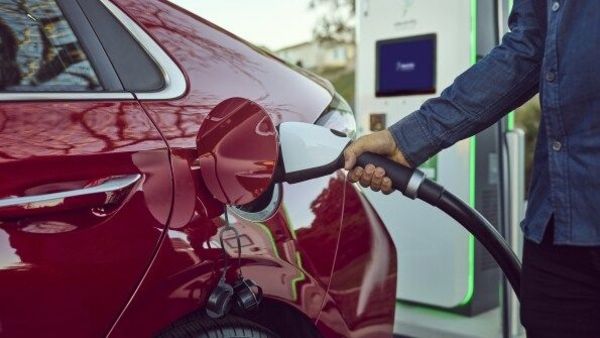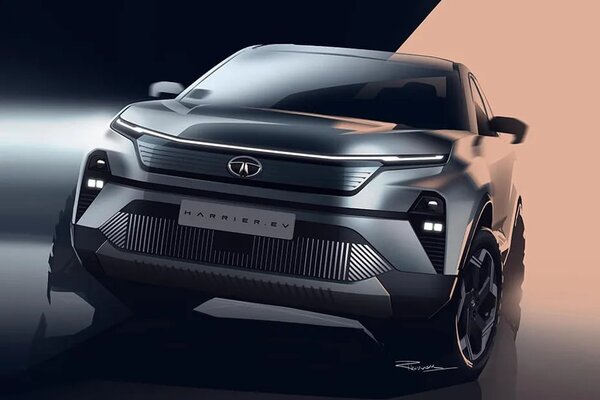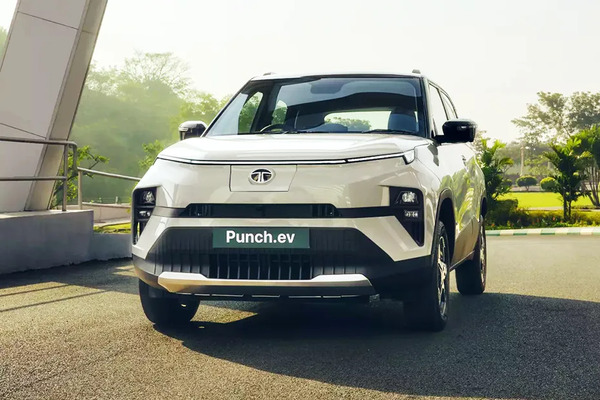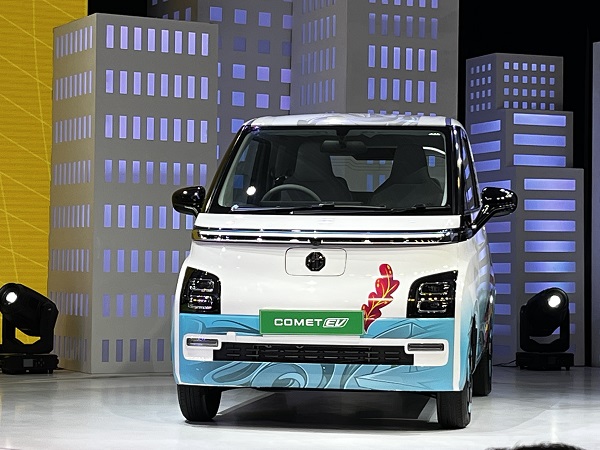Why solid-state EV batteries are gaining ground against lithium-ion batteries?


Solid-state batteries for electric vehicles have been making headlines for quite some time now. As electric vehicles are becoming more mainstream with every passing day, owing to the growing concern about the environmental impact of vehicular pollution, stringent emission norms the governments around the world are imposing, rising fuel costs, etc; EVs are witnessing a growing number of takers.
Also Read : Ford, BMW lead $130 million investing round in solid-state battery startup
Several countries around the globe have already set deadlines for zero-emission mobility. The countries are pushing e-mobility by introducing various subsidies for EV buyers and OEMs as well, besides building charging infrastructure and spending on the development of electric mobility. The automakers too are adopting strategies to promote electric mobility.
Also check these Vehicles
With lithium-ion batteries being widely used as the power source for electric vehicles across the world, several automobile companies are focusing on introducing solid-state batteries.
Last year, Japanese automobile giant Toyota announced that it will introduce a gamechanger solid-state battery in 2021, which will ensure a 500 km range on a single charge and fast charging capability of zero to full in 10 minutes, all with minimal safety concerns. The latest OEMs to enter the space is Ford and BMW. They have announced to invest $130 million in solid-state battery startup.
According to Ford's Chief Product and Operations Officer, Hau Thai-Tang, the automaker will be able to use a 100 amp-hour solid-state battery by 2022. BMW too is expected to use the same battery from 2022. This will be produced by the startup, where both Ford and BMW are investing in solid-state battery technology development.
Toyota stands at the top of the global chart when it comes to solid-state battery technology development, with more than 1,000 patents. Nissan too plans to develop its own solid-state battery that will power a non-simulation vehicle by 2028.
Why the solid-state batteries are becoming such a craze as compared to lithium-ion batteries when the latter is powering the lion's share of the electric vehicles plying around the world.
What is a solid-state battery?
A solid-state battery is a battery technology that uses solid electrodes and a solid electrolyte, instead of using liquid or polymer gel electrolytes that are found in lithium-ion or lithium polymer batteries, which are used in most electric vehicles.
Despite the solid electrolytes being first discovered in the 19th century, several headwinds including low energy densities, have prevented its widespread application. Improvement of the technology in the late 20th and early 21st century brought back interest in solid-state battery technologies, especially when electric vehicles are becoming the new normal since the 2010s.
The solid electrolytes used in solid-state batteries include materials like ceramics and solid polymers. Besides electric vehicle batteries, solid-state batteries are also used in pacemakers, RFID, and wearable devices.
Why solid-state batteries?
Range anxiety is a great concern for buyers when it comes to making decisions about purchasing electric vehicles. Currently, the maximum distance an electric car can run on a single charge is 656 km, which has been attained by the Tesla Model S. But, the automakers have been trying harder to extend the running range of electric vehicles without recharging. Hence, the growing demand for better and improved battery technology.
This is the space, where solid-state batteries are gaining ground against current lithium-ion batteries. By going to solid electrolyte from liquid electrolyte, the technology offers better conductivity, ensuring roughly 25% to 30% improvement in power and energy density, and compactness in size as well. Solid-state battery technology helps in scaling up to a multi-layer cell, up to 20 amp-hour.
The solid-state batteries are potentially safer, with higher energy densities. For the customers of electric vehicles, this means they can drive the vehicle further distance without stopping for recharging. Also, with the cells getting smaller, the vehicle gets lightweight and it can accommodate more people as well.
Also, the solid-state batteries bring down the cost-per-kilowatt-hour, which is expected to speed up the adoption of battery electric vehicles in the coming days. Solid-state batteries are likely to be used widely in BEVs from the next decade.
Any hurdle?
Despite the solid-state batteries being safer, lightweight, more energy, and power generating, the biggest hurdle it faces is the much higher cost as compared to the current lithium-ion batteries. According to Hau Thai-Tang, challenges to widespread adoption of solid-state battery technology include energy and power density, durability, material costs, sensitivity, and stability.
Currently, despite the running cost way much lower than the internal combustion engine vehicles, electric vehicles come at a higher acquisition cost. The cost parity is not there between the EVs and ICE vehicles. In such a scenario, adding solid-state batteries will increase the price of electric vehicles even higher, which is likely to make common people shying away from the battery electric vehicles.








 69 kWh
69 kWh 420 Km
420 Km



















